
Many people love the relaxing smell of dried eucalyptus or may have heard about the health benefits of eucalyptus essential oils. While it may be harmless enough for us, when it comes to our curious cats, eucalyptus is more complicated. As is often the case, products that may be perfectly safe for humans can pose risks to our sweet kitties, and we may need to reconsider how we use these products to keep our cats safe.
Eucalyptus plants are evergreens native to Australia and Tasmania and include many different species ranging in size from small leafy plants to large trees. Eucalyptus is popular for its relaxing and pleasant smell. Most often, dried leaves are used in floral arrangements for this purpose and many housewares, including candles and bath products, are scented with eucalyptus oil. Some health benefits of the plant have been touted, but there is no definitive scientific proof to back up these claims.
If you live with a kitty, you certainly know that they are very curious and have a tendency to get into the most unexpected places. Since there are so many forms of eucalyptus that may be found in our homes, determining the safety of these products for cats is very important.
In its pure form, the eucalyptus plant is considered toxic to cats if ingested. The most common physical signs of eucalyptus toxicity in cats would be vomiting, diarrhea, drooling, and/or lethargy. In most cases, they have to eat a large amount of the plant to get very sick but if you think your cat may have ingested any part of a eucalyptus plant, you should contact your veterinarian right away as well as a poison control hotline to determine the best course of treatment.
When dealing with eucalyptus essential oils, there are a few additional factors to consider. These oils are highly concentrated (with stronger effects than the actual plant) and considered toxic if eaten. They may also pose risks if they are inhaled or in contact with the fur and/or skin. It would take a concentrated high dose of eucalyptus essential oil to cause toxic effects directly through the skin or inhalation, but it is possible for the active ingredients to be absorbed through these routes. Also, cats are meticulous groomers, so you always have to assume that anything you put on your kitty’s fur or skin will be sampled with their tongues. For this reason, it is not recommended to use topical products containing eucalyptus on cats.
Because essential oils can irritate the lining of the respiratory passages and can be toxic to pets, it's best to avoid essential oil diffusers if you live with a feline friend.
When it comes to diffusing essential oils, there are a lot of safety concerns for pets. The main concern is that the oils themselves, or other ingredients in these products, could irritate the delicate lining of the respiratory passages and/or lungs and some ingredients could be toxic if inhaled. Some oils are known to be more irritating than others, and the purity of the oil can also affect its quality. For these reasons, the safest option is to avoid essential oil diffusers if you live with a feline friend, especially if your cat is already hypersensitive to certain odors or has a pre-existing condition like asthma that can make them especially sensitive to contaminants in the air.
If your cat ingests a eucalyptus plant or product containing eucalyptus oil, your first step should be to contact your veterinarian as well as an animal poison control hotline such as the ASPCA Poison Control Hotline. Poison Control keeps careful records on all cases of toxicity and they often have the most up-to-date information regarding what to expect given a specific kind of toxin and the amount ingested. This will be helpful information for both you and your veterinarian so you can plan the best course of treatment.
Some cats will have mild tummy trouble like vomiting and/or diarrhea, which may be treated with supportive care. Some cats may have hypersensitivity and experience an allergic reaction with exposure that may result in respiratory or more serious clinical signs. More serious signs may require hospitalization, especially for cats with seizures, severe lethargy, or problems with their heart or blood pressure. For cats who are exposed to oils on their fur or skin, a thorough bath with a dish detergent like Dawn may be an important part of decontaminating them. This should be done in consultation with your veterinarian as it is not always safe to bathe a cat who is already experiencing signs of toxicity.

Tetanus in Dogs
Tetanus is an infection caused by bacteria found in soil. It can cause severe symptoms in dogs and even lead to death if not treated promptly.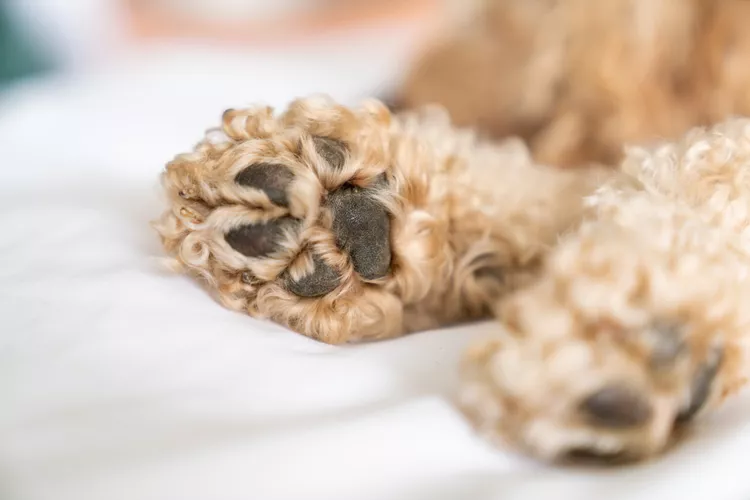
8 Common Dog Paw Problems
It is important to check your dog’s paws regularly for any issues and take steps to keep them healthy and protected.
Common Injuries in Dogs and How to Treat Them
Learn about the most common injuries in dogs—whether in their legs, spine, tail, or eye—and how you should treat them with this helpful list.
Can Cats Eat Strawberries? How to Safely Share This Summer Berry
Although cats are primarily meat eaters, strawberries may be an interesting and tasty snack for your feline friend. Find out the risks of feeding strawberries to cats and how to safely let your cat enjoy this fruit.
Is Shrimp Bad For Dogs?
Shrimp can be a healthy, nutritional food for people but can dogs eat them, too? What are the main concerns with feeding shrimp to your dog?
Dog Food Basics
Are you feeding your dog the best way possible? Check out these dog feeding tips to keep your dog healthy and happy.
Rhodesian Ridgeback: Dog Breed Characteristics & Care
The Rhodesian ridgeback is a large hunting dog with a high prey drive. Learn about the breed's history, exercise needs, and more.
Berger Picard: Dog Breed Characteristics & Care
The Berger Picard is a French herding dog with a friendly smile and shaggy beard. Learn about its history, health, exercise needs, and more.
Spanish Water Dog: Breed Characteristics & Care
In the hands of an expert owner, the Spanish water dog shines as an active and faithful companion. Learn about its history, training, and more.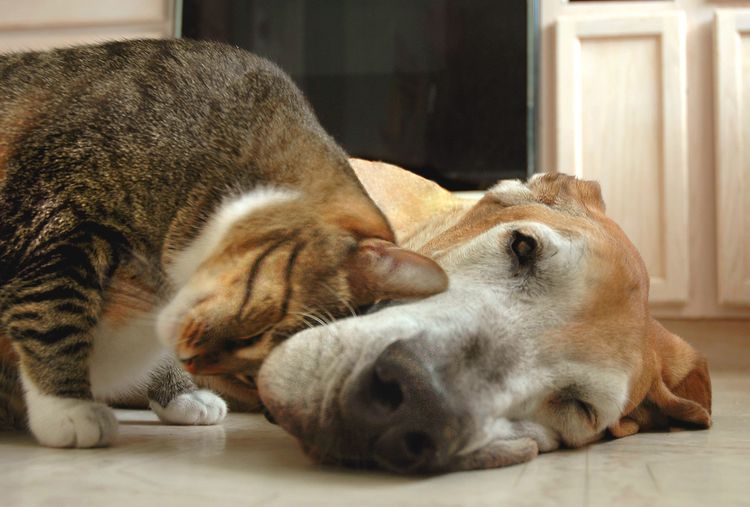
Cat Bunting Behavior: What Does It Mean?
Cats rub their heads against prominent objects to leave scent markings as a part of scent communication.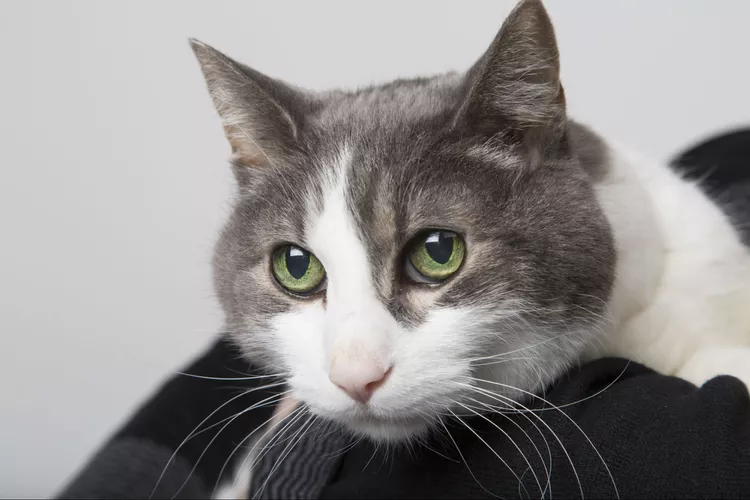
How to Train Your Cat to Stop Urine Marking
Most male (and some female) house cats will mark territory at some point. Learn the causes or cat urine marking and how to prevent this annoying behavior.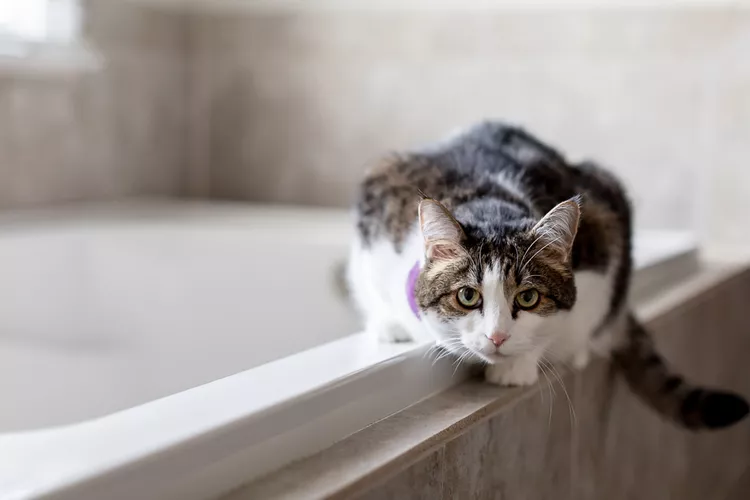
7 Reasons Why Cats Love Bathrooms
Why do cats follow you to the bathroom? Many cats—strangely enough—love the bathroom! Find out why cats seem to love bathrooms so much.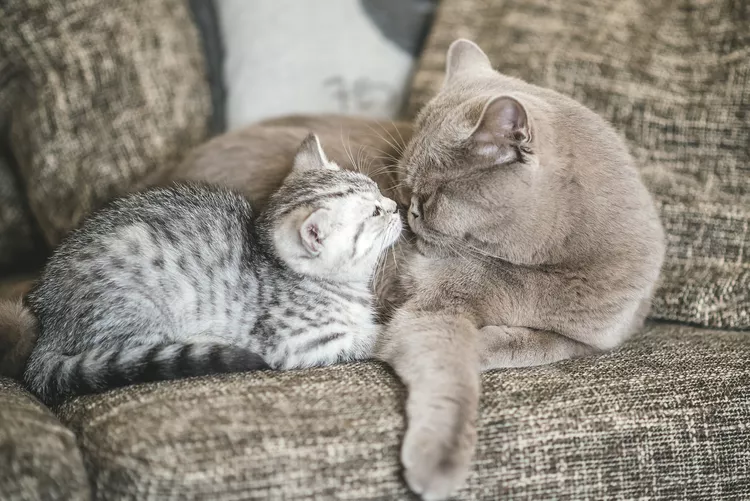
Leptospirosis in Cats
Leptospirosis is rare but potentially fatal in cats. Learn the causes, treatment, and prevention.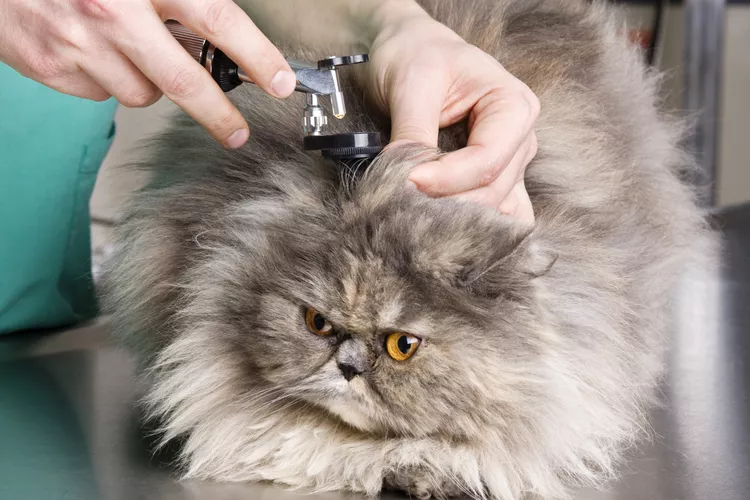
Ear Infections in Cats
An ear infection must be treated based on the source of irritation, which may be internal or external. Learn the causes, treatment, and prevention.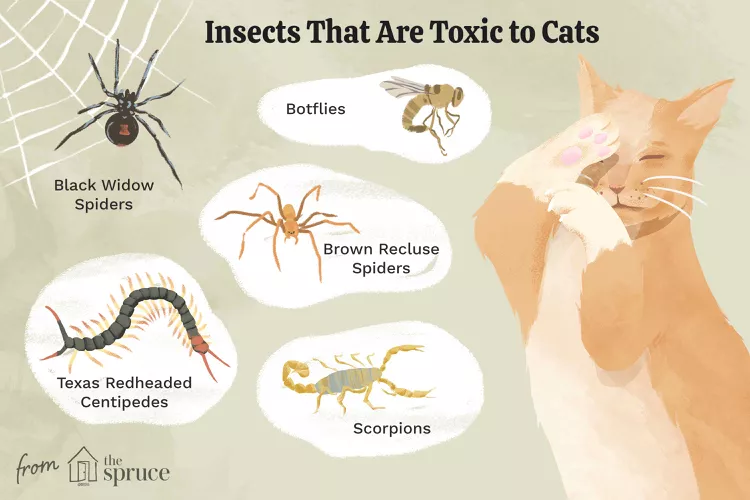
Insects That Are Toxic to Cats
Can cats eat bugs? Some bugs can cause injury or illness to your cat, while others are relatively harmless.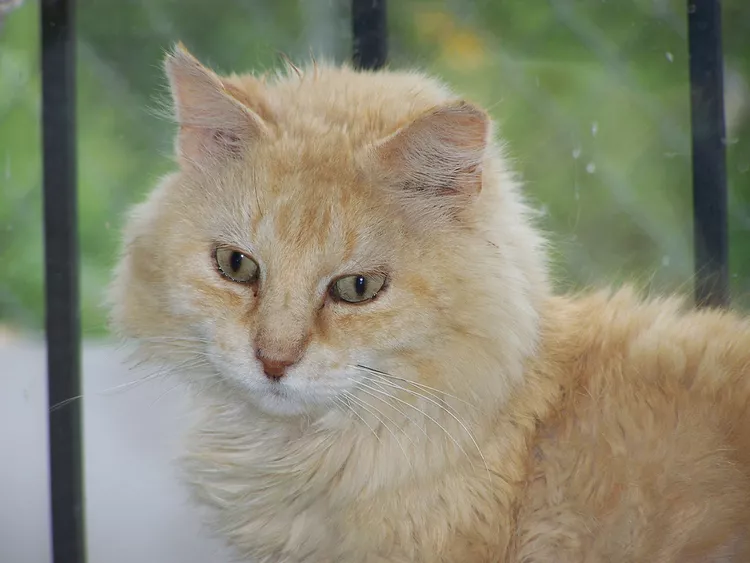
Testing for Contagious Feline AIDS (FIV)
Cats should be tested for the contagious feline immunodeficiency virus or FIV. Cats that are positive for the virus usually live normal lives.
Why Does My Dog Pee on My Bed?
Is your dog peeing on your bed? Find out why your dog is having urinary accidents on the bed and learn what to do about it—plus how to stop the habit.
Why Almost Any Dog Can Do Agility Training
Why Almost Any Dog Can Do Agility Training
How to Train Your Dog to Shake Paws
Shaking paws is a fun dog trick that most dogs pick up rather quickly Learn how to train your dog to shake in just a few simple steps.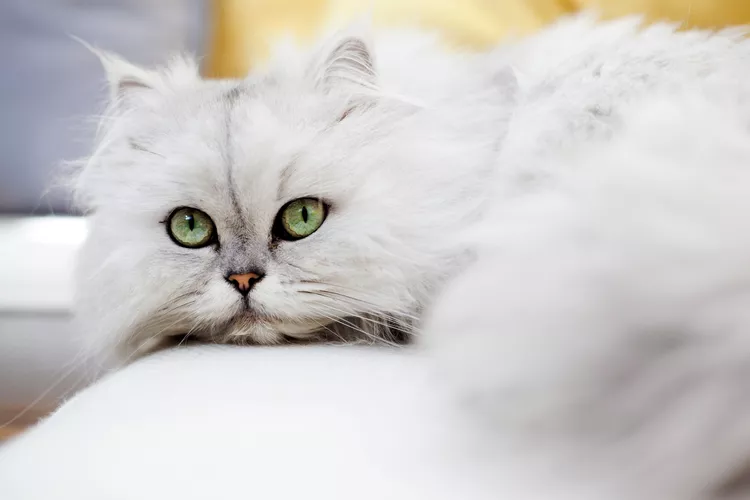
14 Asian Cat Breeds And Their Rich Hiss-tories
Find out more about the cat breeds that originated from Asia. Some breeds include the Persian, Oriental shorthair, and Japanese bobtail.